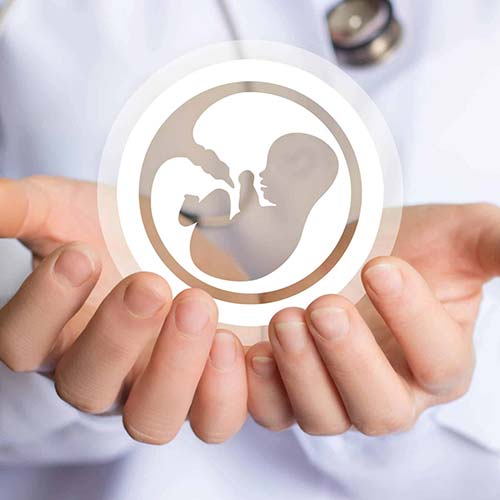Fertility
If you desire to conceive a child, it’s natural to have questions about your fertility and if there are ways to enhance it. While some elements may be outside of your influence, such as medical conditions that impact conception, the lifestyle decisions you make can also play a role in determining your fertility.
What is female fertility?
Female fertility refers to a woman’s capacity to conceive a biological child. If you and your partner have been engaging in regular, unprotected sexual intercourse for at least one year (or six months if the woman is over 35) without achieving pregnancy, it is natural to have doubts concerning your fertility status.

Are you thinking of conceiving and worried about how your lifestyle might affect your fertility? Don’t hesitate to seek advice from Dr. Manal Younis, who is readily available to assist you in finding ways to enhance your fertility and increase the likelihood of becoming pregnant.
What causes female fertility problems?
Ovulation disorders, which affect the release of eggs from the ovaries. These include hormonal disorders such as polycystic ovary syndrome, hyperprolactinemia and thyroid problems (hyperthyroidism or hypothyroidism)
Uterine or cervical abnormalities, such as polyps or fibroids in the uterus
Fallopian tube damage or blockage usually caused by pelvic inflammatory disease
Endometriosis, which occurs when tissue that normally lines the inside of the uterus grows outside the uterus
Primary ovarian insufficiency (early menopause), which occurs when the ovaries stop working and menstruation ends before age 40
Pelvic adhesions — bands of scar tissue that bind organs after pelvic infection, appendicitis, or abdominal or pelvic surgery
Medical conditions associated with the absence of menstruation, such as poorly controlled diabetes, celiac disease and some autoimmune diseases such as lupus


